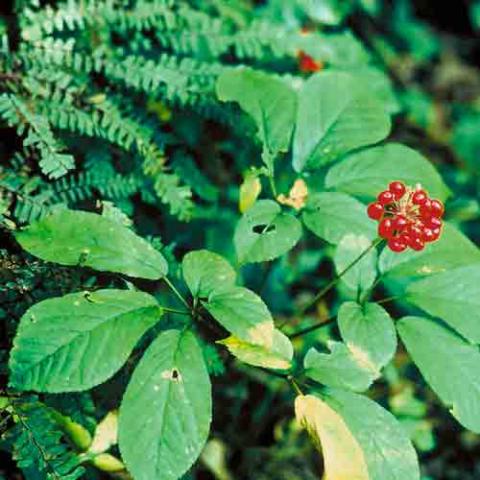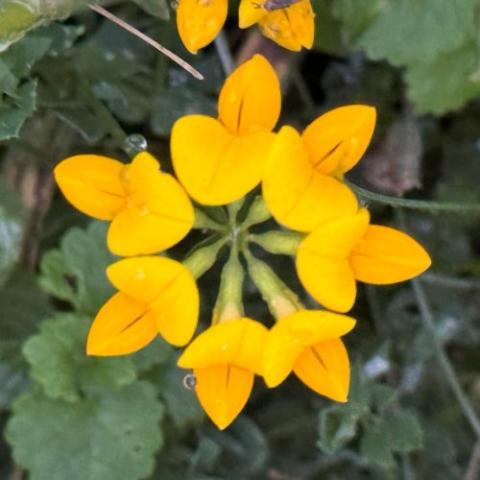Therapeutic: Cardiac tonic
What is a Cardiac Tonic?
These are remedies that have an overall beneficial action on the heart and circulatory system. Some of the herbs included in this group are powerful cardio-active agents such as Foxglove (Digitalis purpurea), while others are gentler and much safer, like Hawthorne (Crataegus oxycantha) & Motherwort (Leonurus cardiaca).
How Cardiac Tonics Work
The stronger cardio-active remedies owe their power to the presence of the cardiac glycoside plant constituents. These chemicals have the effect of increasing the efficiency of the muscles of the heart without increasing their need for oxygen. This enables the heart to pump enough blood around the body and ensure that there is not a build-up of fluid in the lungs or extremities. However, removal rates of these glycosides from the body tend to be low, and for herbs like Foxglove their accumulation in the body can potentially be poisonous and should be avoided. Other cardiac tonics have an observable beneficial action on heart and blood vessels, but how they work is either completely obscure, or an area of great pharmacological debate.
Herbal Examples
- Crataegus sp. (Hawthorne)
- Leonurus cardiaca (Motherwort)
- Convalleria majalis (Lily of the Valley)
Adapted from David Hoffman’s ‘The Herbal Handbook: A User’s Guide to Medical Herbalism” & “Medical Herbalism”
Reference:“The Naturopathic Herbalist”







